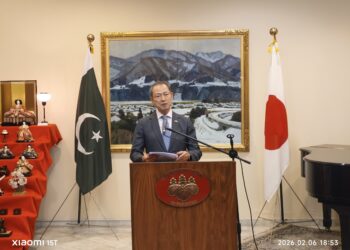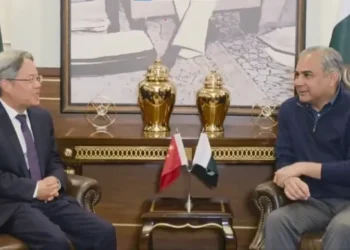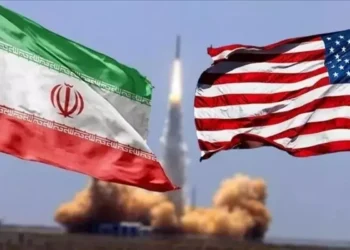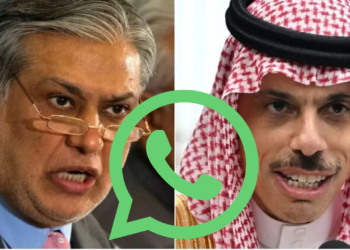LAHORE: The Punjab cabinet, chaired by Chief Minister Maryam Nawaz, on Wednesday approved a series of development and public relief measures while rejecting proposals that could increase the financial burden on citizens.
During the cabinet’s 30th meeting, a proposal to raise electric bus fares in Lahore, Rawalpindi, and Multan was turned down. The cabinet also formally endorsed the existing ban on the proscribed Tehreek-e-Labbaik Pakistan (TLP).
According to an official statement, the meeting approved several key initiatives, including the recruitment of “School Teacher Interns” for public schools, the establishment of Air Punjab (Private) Limited, and the signing of a Memorandum of Understanding (MoU) for the Lahore–Rawalpindi High-Speed Rail Project.
The cabinet also endorsed a high-tech farm mechanisation finance subsidy programme under which farmers will receive a 60% subsidy on modern agricultural machinery. Another key approval was given to the Prime Minister’s Cashless Strategy, which will enable retailers to use QR codes for digital payments.
Additional approvals included the Mehrab Mehfooz Roshan Punjab Programme, an MoU for agricultural cooperation with Egypt, and the creation of a Board of Governors for the Centre of Excellence on Counter-Violence.
The meeting further sanctioned a new traffic fine and point-based system, funds for a museum and memorial at National Bank Park, and the master plan for the restoration and upgradation of the Lahore Museum.
Other major developments included the establishment of the Gujranwala Mass Transit Authority, allocation of grants for electric bus depots, and reallocation of funds under the Green Pakistan Programme.
Chief Minister Maryam Nawaz said the past neglect of agricultural mechanisation had weakened the sector, adding that her government was focused on modernising farming and improving productivity to ensure food security and sustainable growth.




































































